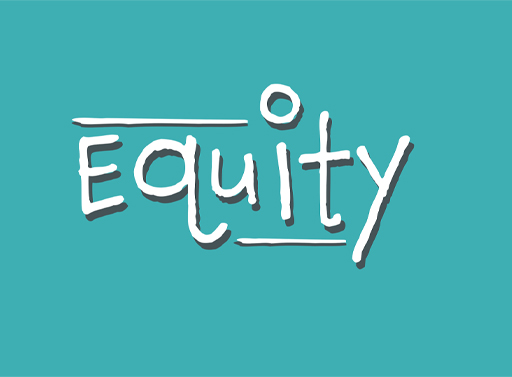1.2 Equity

Equality is not the same as equity. While the former ensures that people have the same access to resources and opportunities, it also assumes that everyone has the same needs, abilities and so on. Equity focuses on assessing the needs of an individual and ensuring that they are suitably supported to achieve the same outcomes and have the same opportunities as other people.
Equity in the workplace may be enhanced through, for instance, mentoring programmes for under-represented groups, family- and carer-friendly policies that allow flexible working patterns (Collins et al., 2021), and additional training, support and resources. In the UK positive discrimination and in the USA affirmative action are considered ways to promote equity. In either case, preferential treatment is given to people from an under-represented group, for example to increase their representation in the workforce. This treatment is more active in its approach than simply, for example, basing recruitment decisions on neutral and objective criteria.
In the UK, positive discrimination is considered as a potentially discriminatory practice. Employers and HR practitioners must abide by the EqA 2010 and not discriminate in relation to protected characteristics. The policy of 50/50 recruitment of Catholics and Protestants in the police force in Northern Ireland, considered as an act of positive discrimination towards Catholics, ended in 2011 in favour of ‘recruitment on merit’.
